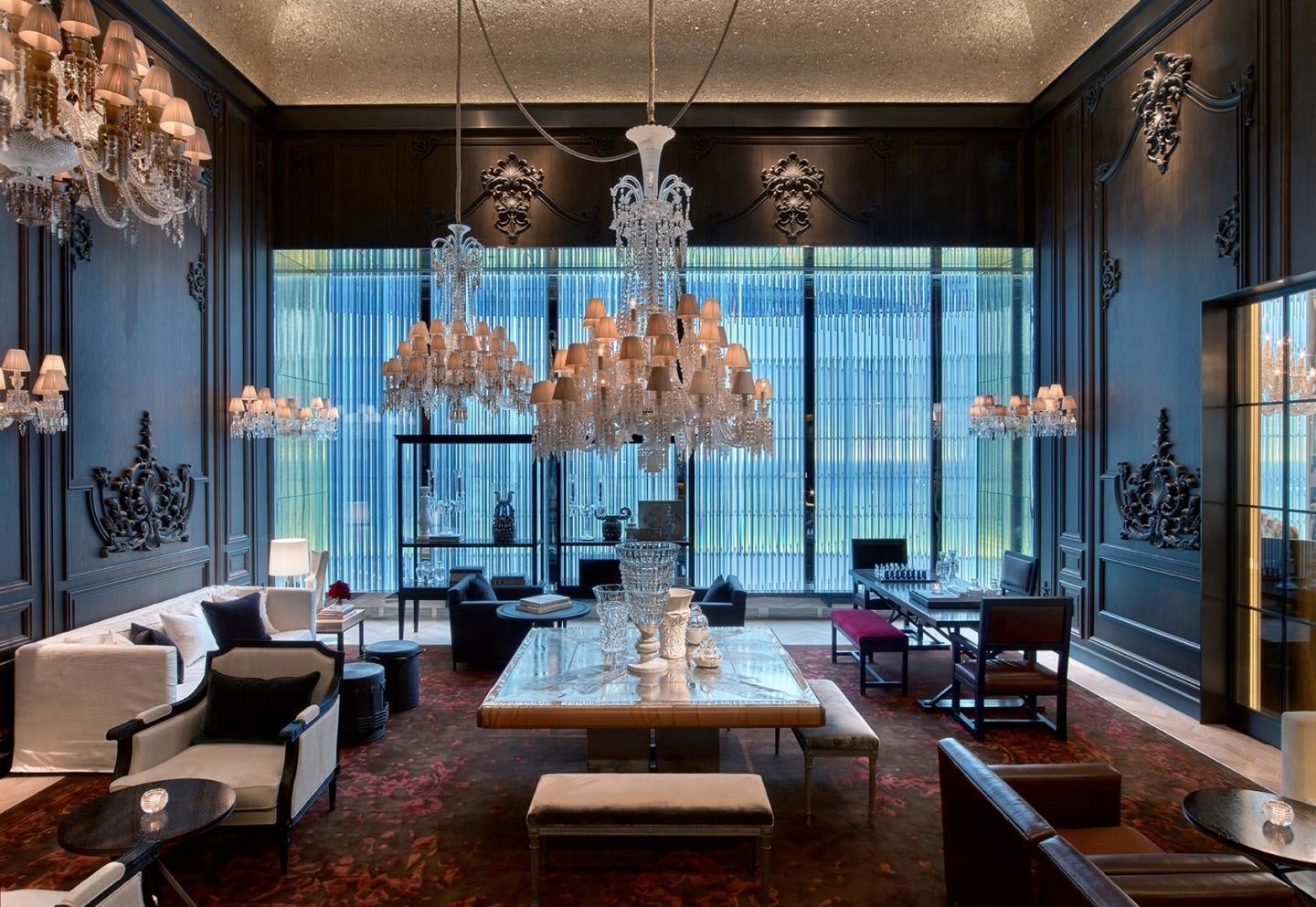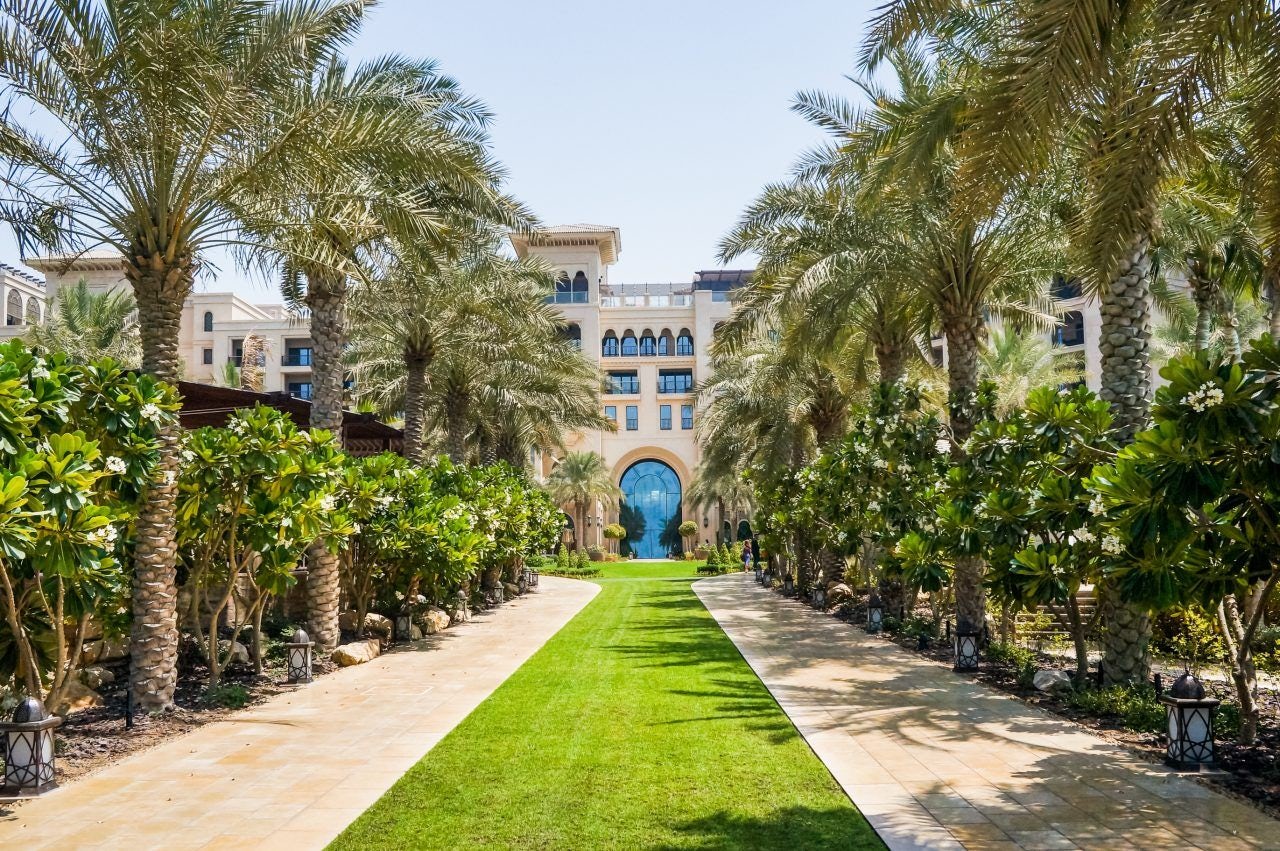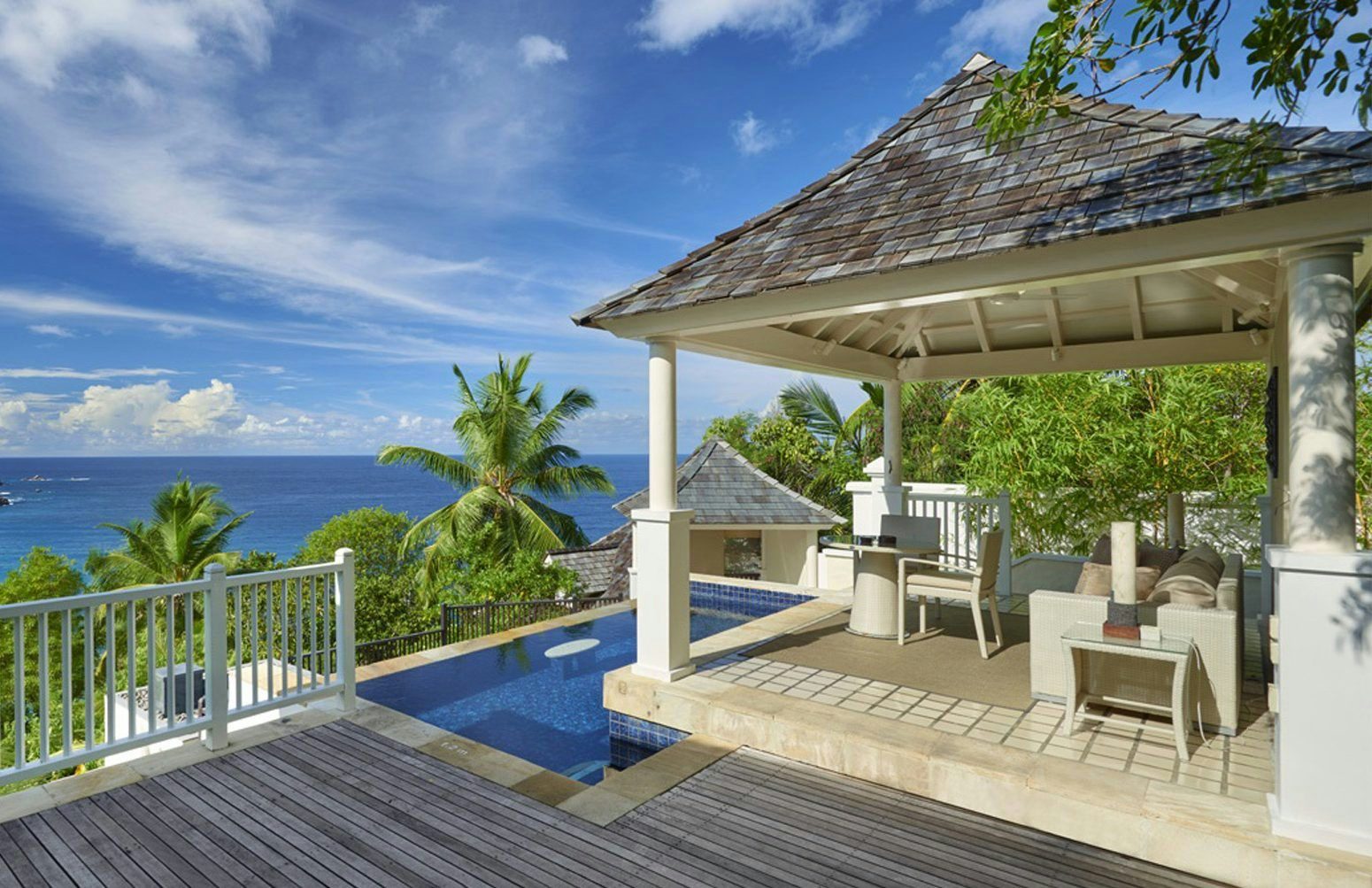It may not be long before consumers in China see Baccarat Hotel's iconic crystal facade near their doorstep.
Baccarat Hotels Chief Operating Officer Hermann Elger told Jing Daily that expansion into mainland China is likely around the corner, especially given the climate of Baccarat's ownership group.
The centuries old glassmaker debuted its hospitality brand in 2015 in Manhattan (on West 53rd street). Guests had yet to spend a night in the property before a Chinese investment company, Sunshine Insurance Group, scooped up the hotel for a record-breaking US2 million per room. It was yet another acquisition by a Chinese firm in the luxury hospitality industry.
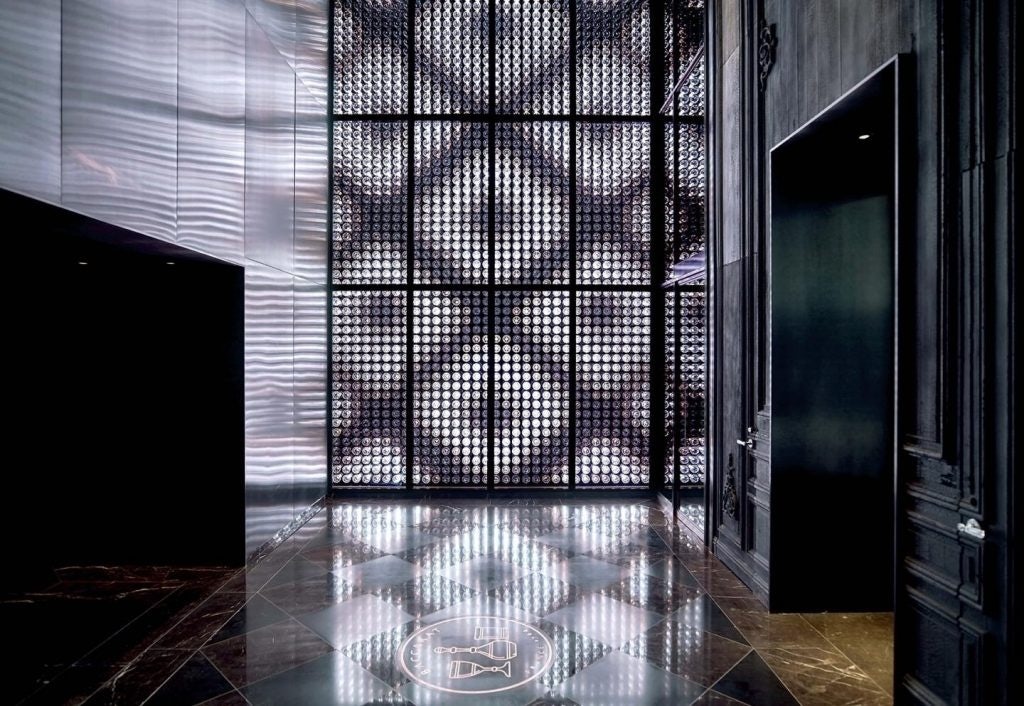
At the time, Sunshine's investment was deemed “speculative” given the fact that the hotel had yet to prove itself. Now, it's clear that Baccarat's name is highly coveted by Chinese investors—it was announced earlier this month that the retail side of the operation would be bought by Chinese investment group Fortune Fountain Capital for 184 million.
Baccarat Hotel is still managed by Starwood Capital's SH Group and continues to have a licensing agreement with the crystal company to develop hotels under the namesake brand. Perhaps not surprisingly, this hospitality development sees China as a major future milestone.
Elger told Jing Daily that while the Chinese market is “significant” for the hotel, it's still underdeveloped and plans are underway to tap into China's luxury consumer base. “You can take this brand and fold it into a hotel experience, and it actually works really well," he said. “So now you have a lot of interested parties who say, 'Wow, I can really see creating a hotel like that.'”
The big-name luxury retail brand-turned-hotelier is nothing new, but lately the trend has been making a shift toward the China market as its discerning luxury consumers are beginning to look for experiences and value propositions from their favorite high-end labels. Beijing and Shanghai will soon be seeing this in the form of another major player in this scene, Bulgari Hotels, and an Armani hotel project is set to open in Chengdu.
In New York's Baccarat, experience and story-telling is everything, as it not only provides enjoyment for luxury travelers, but drives guests to the retail space. The brand's crystal portfolio, from glassware, to light fixtures, to art, is seamlessly integrated into every aspect of the hotel, from the décor, to the award-winning bar, where guests can sip 22 sidecars from a glass out of Baccarat Hotel's 15,000-piece collection. If a guest falls in love with a piece, they can ask the concierge to arrange an order from the nearby Baccarat store and have it shipped directly to their home.
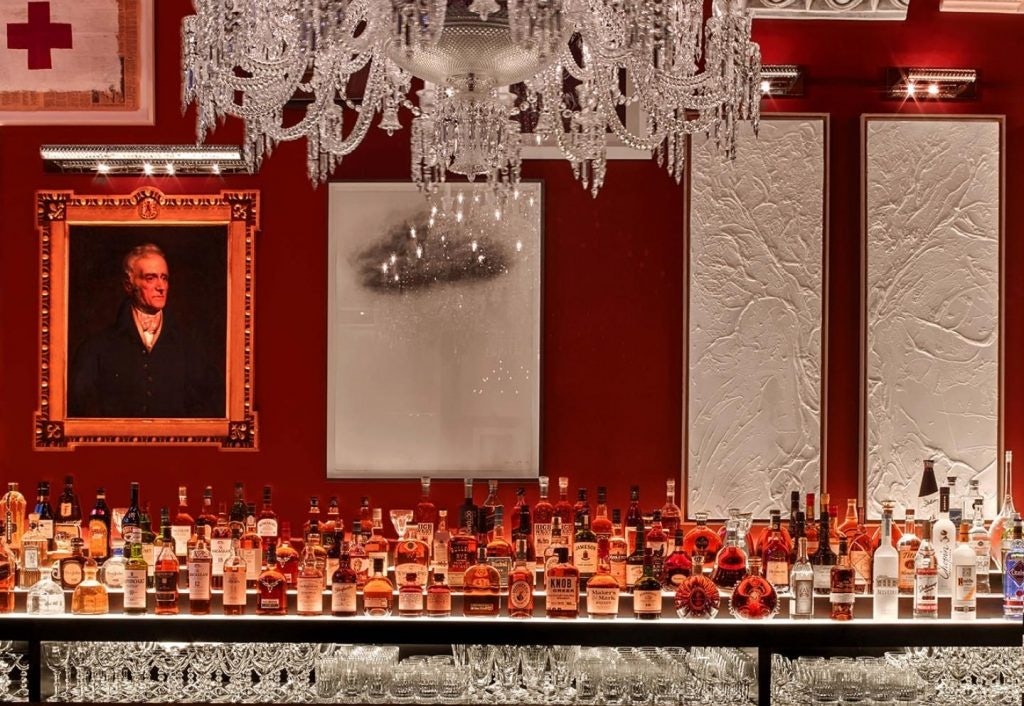
Elger estimates that since the hotel's opening, sales for the crystal brand have risen 20 to 25 percent.
“The hotels are obviously like showrooms,” he said. “They're huge drivers of product awareness and of interest in the crystal. Sure, you can go touch it and feel it in the showroom, but in the hotel, you can actually use the product.
“On the other hand, loyal crystal individuals who are huge fans of the product now have a place they can stay and really enjoy it, so it works really well.”
Elger said that for their Chinese market, this synergy—where brand awareness on the retail side funnels clients to the hotel—is likely to play a bigger role. “We know that Chinese consumers are huge fans and buyers of luxury goods, but are not necessarily the biggest market in the luxury hotel segment,” he said. “What we really believe is that Baccarat New York is going to create a natural bridge from the retail shopping experience into the luxury hotel experience.”
Elger said that while every market is important to Baccarat Hotels, they see “the most potential in developing and growing the market in China.” Baccarat Hotels currently provides a Chinese version of the website as well as a Chinese-style breakfast to cater to clients. Accommodation starts at around 1,150 a night for an entry-level room.
As wealthy Chinese travelers are beginning to look for more experience-based travel and the personalization that comes from a boutique-style hotel, Elger says he believes the merging of retail and hospitality is likely to continue.
“I think the hotels that are able to drive this loyal clientele are the ones that are able to tell a pure and authentic story in the experience.”
